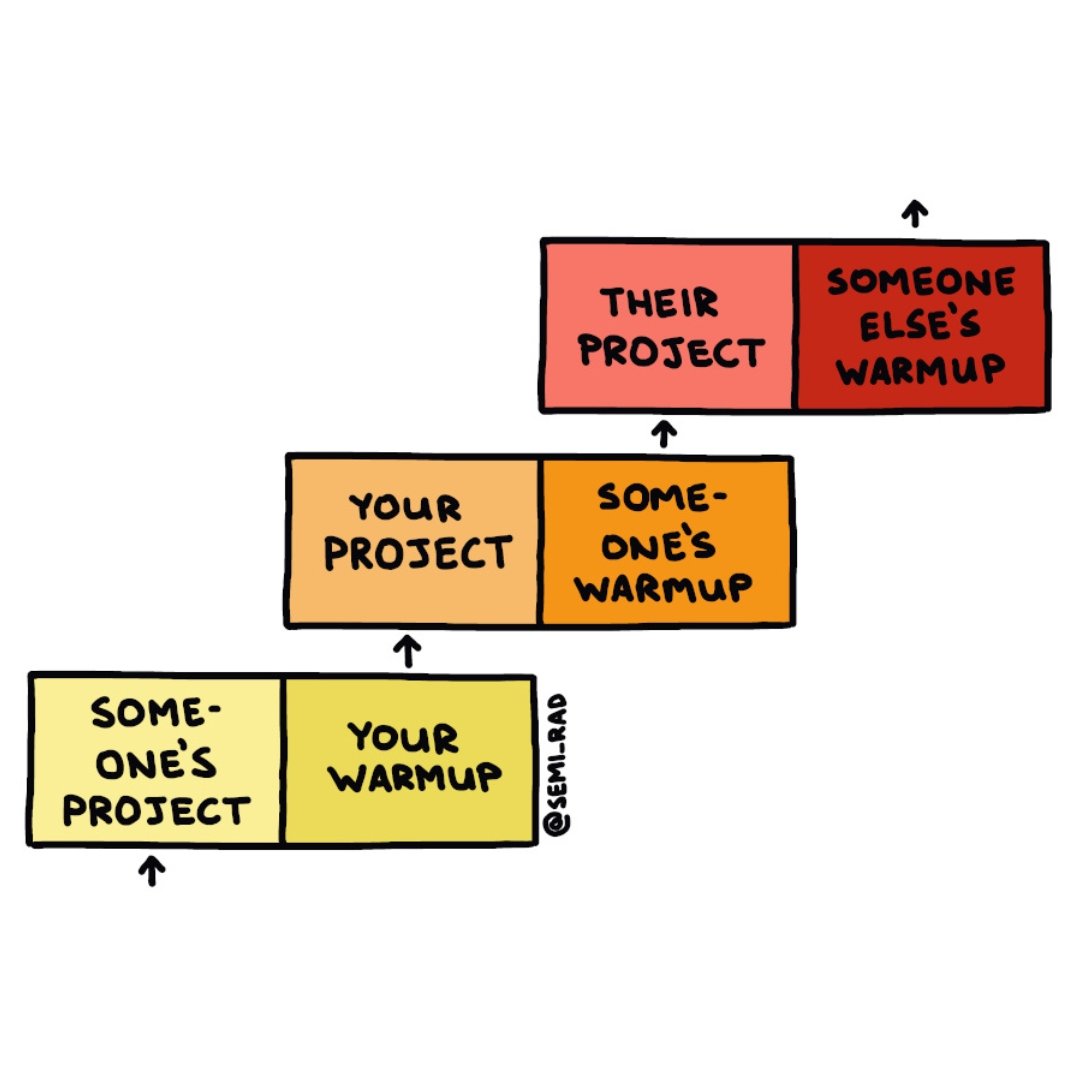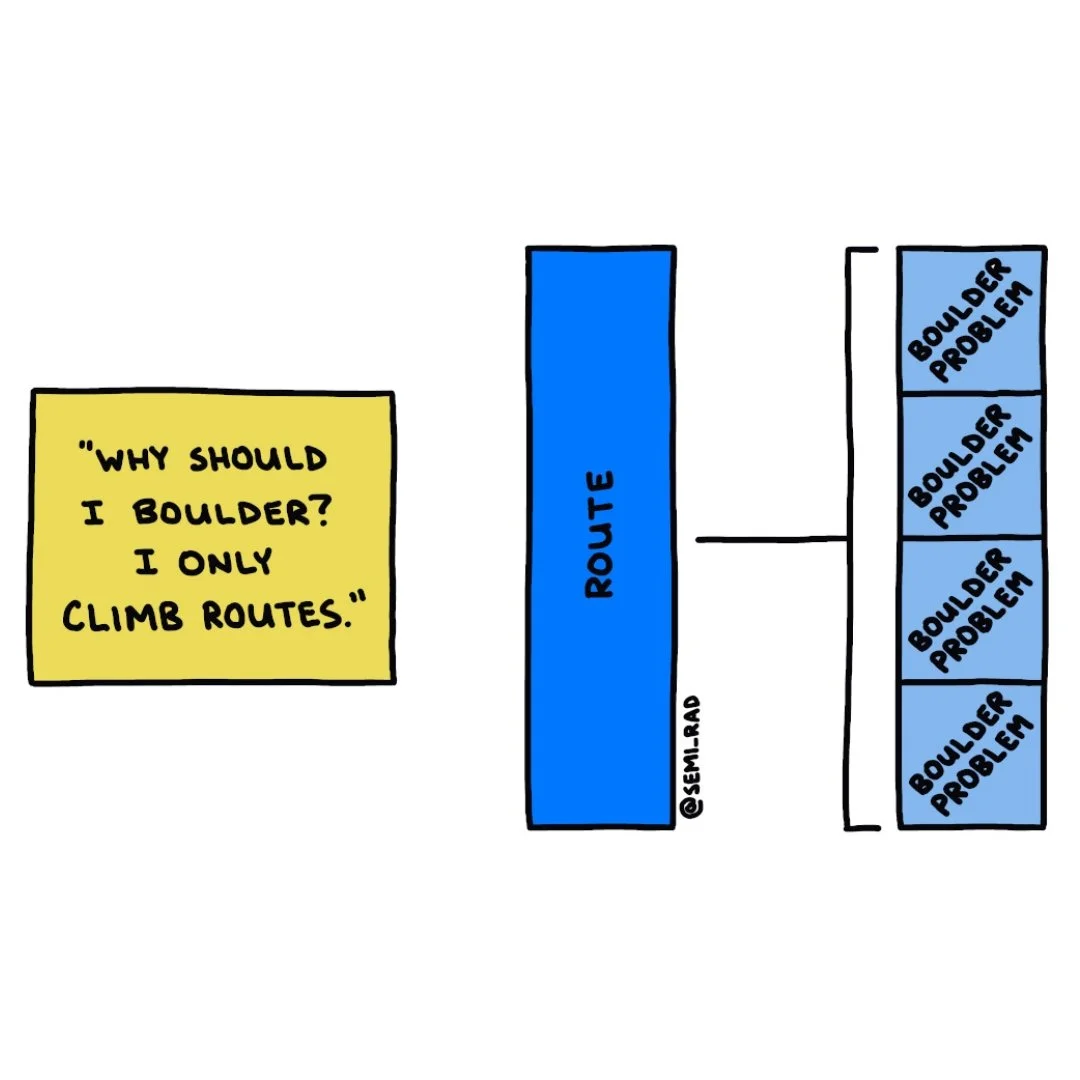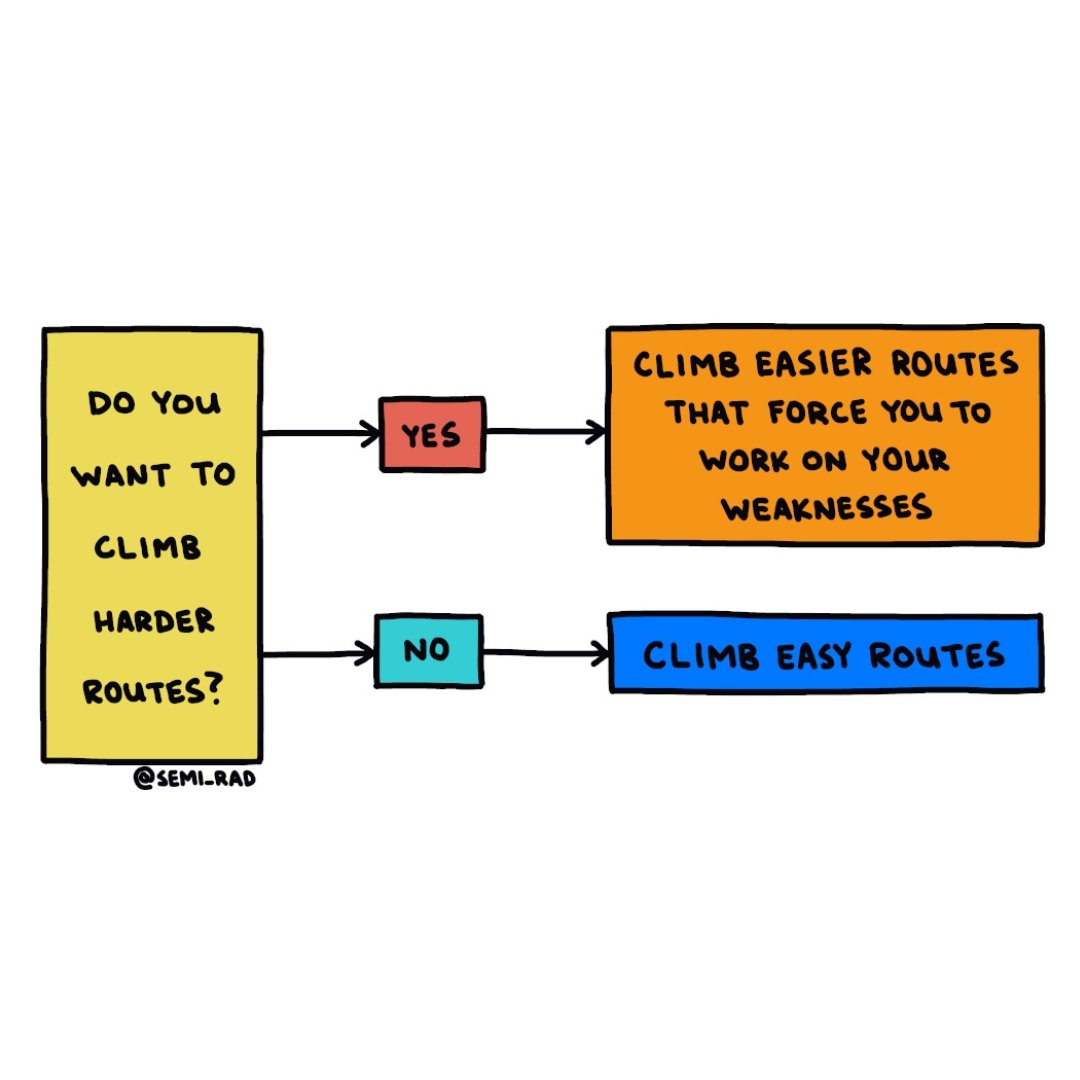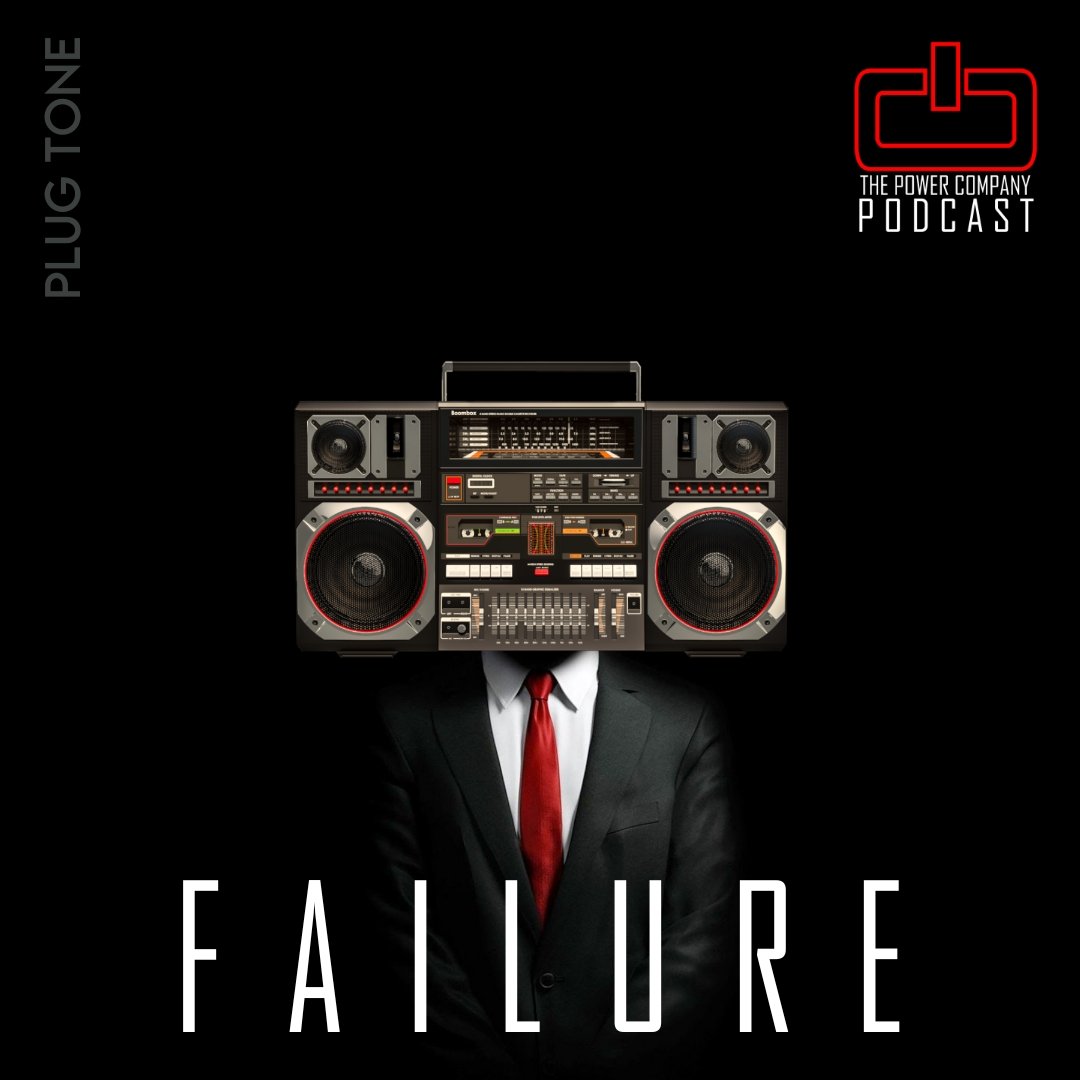Yesterday I Went Shopping. Talk Is Still Cheap.
True Story:

A kid at the crag wanted to try to flash a steep, cruxy 12b, which would have been his most impressive flash by far. The hardest moves are right off the ground and ease up considerably after the 2nd bolt, leading to a mostly juggy pump-fest to the chains. Standard protocol is to stick clip the 2nd bolt, where blowing the tough clip would certainly be disastrous. I gave the kid, who boulders stronger than I do, beta. Good beta. He climbed through the crux, and the very moment the 2nd bolt was at his waist, he said "Take!"
Huh?
He then proceeded to go bolt-to-bolt to the top, looking shaky the whole way. After a rest, he tied in under a nearby 13a. "Aren't you going to try the 12b again?" I asked.
"No, I'd just send it, so I'm going to move on."
Huh?
True Story:
A fairly new female climber at the crag wanted to try a pumpy 12b, which is at least a full number above her hardest redpoint. While the route has no real crux, and there is a great rest in the middle, it's a much harder proposition to link it all together than it might seem at first. She went bolt-to-bolt until she reached a slightly more difficult move just below the rest, which she immediately deemed too reachy (though the previous season I watched a 9-year-old warm up on it). After a few half-hearted abortive attempts, she retreated to the ground. Later I overheard her tell another girl, "that 12b isn't that hard, it's just reachy," and that "if it weren't for that move," she could have done it.
Huh?

True Story:
In every gym in this country, there lurk sickeningly strong climbers who rarely touch real rock but crush seemingly impossible gym routes easily. If asked, and sometimes when they aren't asked, they will tell you that they COULD climb 5.14 or V12. It would be easy, actually, if they really wanted to.
Huh?
WANT MORE? READ THE REST IN: The Hard Truth: Simple Ways to Become a Better Climber
Skaters do one important thing much better than climbers: they chase mastery instead of success.
It's exactly the same amount of challenging for you no matter what number anyone attaches to it.
How often do you give 100%? REALLY give 100%? I make my living coaching climbers, and I seldom see a climber try their hardest. Myself included.
While in the gym, for the most part, boulderers are closer than sport climbers to training the correct way.
It's easy to get discouraged by how quickly the pros seem to put down the hardest projects.
I get it. Talking is easier than doing. What it isn't, however, is nearly as satisfying.
Nate snapped the banana in half. Clean break, right through the middle. Like a ninja.
You can almost always find a reason to continue training the short-sighted way.
There is NO single workout that any group of people can follow to get the optimum results for each of them.
Newbs, rejoice! You get a whole post. A short one, but your very own set of training wheels.
So how do you get better faster? There's a simple answer. You don't.
After much deliberation over a list of about 25, I've decided on the 5 ways I see experienced climbers derail their progression.
I hear them coming from every corner of the gym… excuses.
The fact is, you WILL NEVER get to within earshot of your potential if you don't have a complete skill set.
Our egos are ruthless. I've seen climbers stop a workout early because they didn't want to "look bad".
Fact is, seeing the "chains" as the sole representation of success is holding you back.
As climbers, we fail a lot. And yet, we don’t even like to hear the word.
In an ideal world, grades would be objective and we’d have some universal formula for how they’re decided. But we don't live in an ideal world.
Juliet Hammer is no stranger to crushing double-digit boulders, and unfortunately, to dealing with internet haters, too.
A climber since 1994, Kris was a traddie for 12 years before he discovered the gymnastic movement inherent in sport climbing and bouldering. Through dedicated training and practice, he eventually built to ascents of 5.14 and V11.
Kris started Power Company Climbing in 2006 as a place to share training info with his friends, and still specializes in working with full time "regular" folks. He's always available for coaching sessions and training workshops.






























Redpointing is an ultimate success built on the backs of many failures.